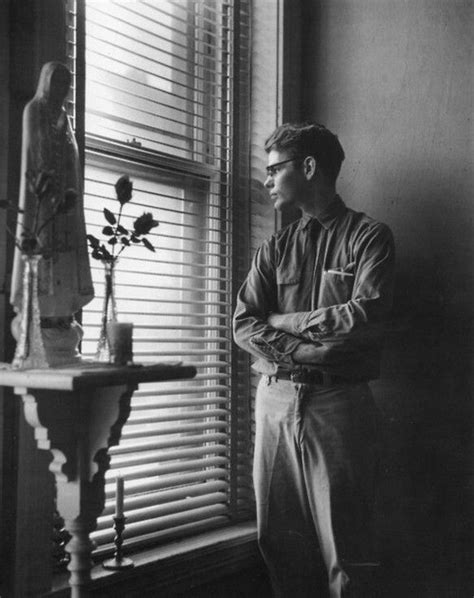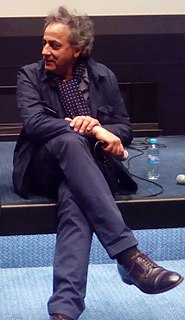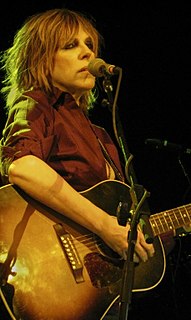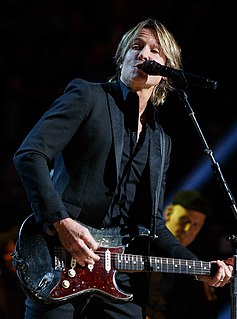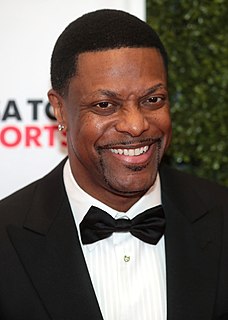A Quote by Alison Jackson
I'm not satirical in a traditional way. What I do is more about creating caricatures and cartoons. I am commentating on the nature of how we live through photography, and how you can twist an angle to create a different perception of a person.
Related Quotes
Through Hinduism, I feel a better person. I just get happier and happier. I now feel that I am unlimited, and I am more in control of my own physical body. The thing is, you go to an ordinary church and it's a nice feeling. They tell you all about God, but they don't show you how the way. They don't show you how to become Christ-concious yourself. Hinduism, however, is different.
I don't love the way I look. Nobody does, and if they do, I don't want to be that person's friend. But we all know what we're insecure about. The question I had as I was writing was, 'How are these things affecting the way I live? How am I compensating because I don't like this about myself? What do I do to cover it up?'
When I was thinking about these women characters, no matter how bad a person I am - a bad writer, my limitations, my sexism, you know - the thought was, it would be useful as a writer to try to create a template for all the male writers, especially Dominican male writers, especially males of color, of how a writer can use seeing to create more nuanced representations of women.
There's something I have about being Canadian - there's a distance it gives you when you live in the States and operate in American culture. You approach familiar things a different way; you come at it from a different angle. It's a trait that runs through a lot Canadian artists' work and actors' work and musicians' - that kind of special remove.
I think we start suffering as soon as we come out of the womb. I think that people tend to stereotype. When they think of suffering, they think of abuse - physical abuse, emotional abuse, poverty, that kind of thing. There's different levels of suffering. I don't think that it has to do with how much money you have - if you were raised in the ghetto or the Hamptons. For me it's more about perception: self-perception and how you perceive the world.
I think everybody has different priorities in their life. People live their lives differently. People become famous through all sorts of different reasons... some of it through art and some of it through just wanting to be famous. And I think how that all starts tends to reflect how you live your life daily.
I fundamentally believe that no one can teach you how to write - finding out how to write a story is part of the process of creating a story - but you can really learn through exposure to different writing, to different art forms, to different modes of storytelling, and with mentors who are able to get you to step outside your comfort zone.

